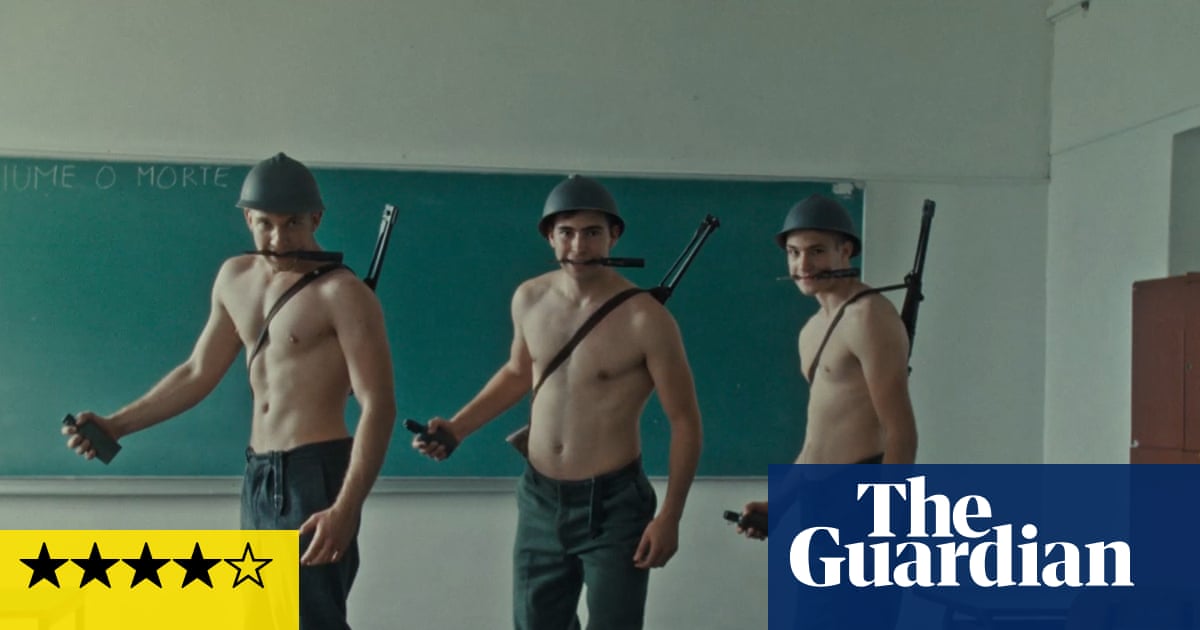
"It is about Bezinovic's hometown of Rijeka, a port on the Adriatic which after the first world war was the site of one of the 20th century's strangest episodes, whose key moments the director stages through re-enactments with locals. The film is in effect a protofascist Passport to Pimlico. In 1918, this city, with its significant ethnic Italian population, was known as Fiume and was formerly ruled by the recently destroyed Habsburgs."
"After the war it was not absorbed into the victorious Italian nation as many expected but left under the control of the Kingdom of Serbs, Croats and Slovenes (whose name was later changed to Yugoslavia). Enraged by this betrayal, hothead Italian aristocrat, poet and cocaine addict Gabriele D'Annunzio led a bizarre insurgency with 186 mercenaries or legionaries, with whom he carried out a sub-Napoleonic landing in Fiume and established it as a kind of pro-Italian city state under his absolute control."
Rijeka, known in 1918 as Fiume, had a significant ethnic Italian population and had been ruled by the collapsed Habsburg empire. After World War I the city was placed under the Kingdom of Serbs, Croats and Slovenes rather than annexed to Italy, provoking Gabriele D'Annunzio to lead a 1919 seizure with 186 legionaries. D'Annunzio created a pro-Italian microstate ruled personally, attracting discontented Italian volunteers, staging mass spectacles and manipulating plebiscites when results were unfavorable. Violence against non-Italian businesses followed a maritime incident, foreshadowing later pogromic events. Benito Mussolini admired D'Annunzio and later adopted the anthem Giovinezza; prominent figures such as Marconi and Toscanini showed public support.
Read at www.theguardian.com
Unable to calculate read time
Collection
[
|
...
]